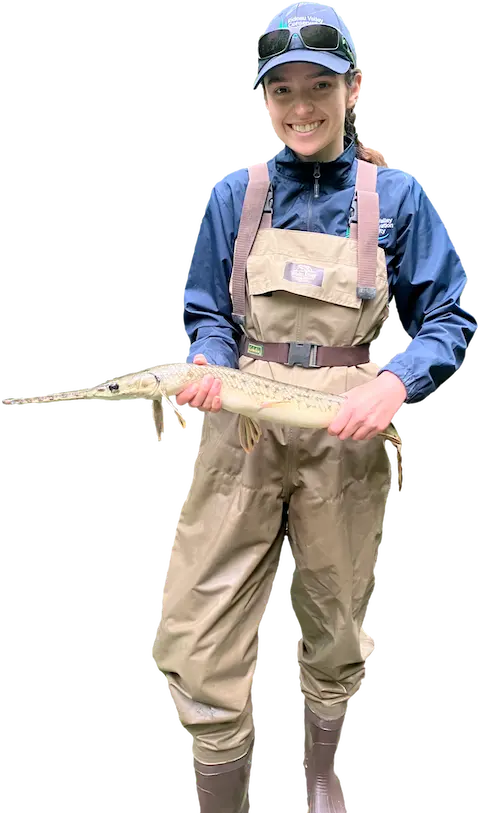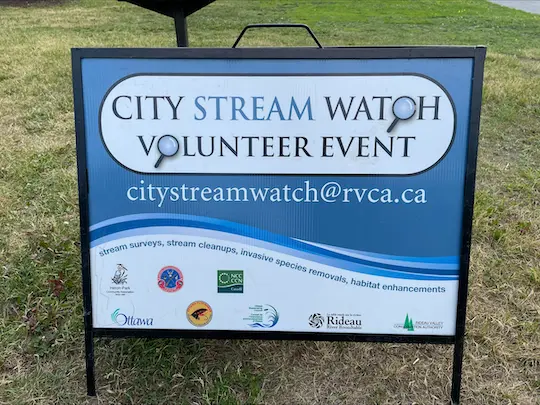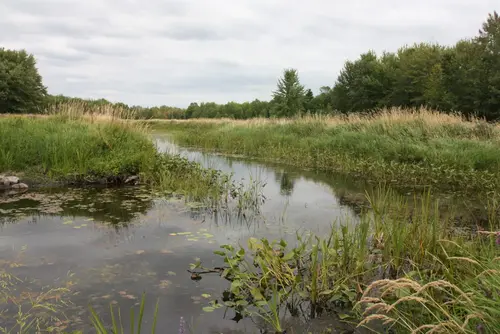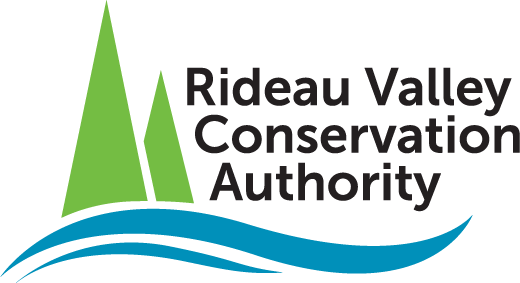Healthy habitats, healthy watershed
The streams, rivers and wetlands of the Rideau Valley are home to a rich diversity of plants and animals, which can tell us a lot about the health of the watershed. In our aquatic conditions and ecology monitoring programs, we collect information on the physical conditions of the watershed (vegetation, wetlands, shorelines and other land uses), track the presence and diversity of certain fish and benthic invertebrate communities, and note the presence of invasive species and species at risk.
This information is used to create a picture of the conditions of our aquatic systems and point us to areas of concern where more attention may be needed.

Our monitoring activities include:
Land Classification
using DRAPE orthorectified imagery to capture 1km x 1km images under cloud free, snow free, ice free, smoke free, and leaf-off conditions to better understand of the distribution of eight different land cover classes across the watershed and how they’re changing;
Headwater Drainage Feature Monitoring
which collects field data on critical headwater features (sediment transport, storage capacity, stream morphology, water chemistry, and habitat assessment) to help classify areas in need of remediation or protection;
Benthic Invertebrate Sampling
which assesses the presence (of absence) of certain pollution-intolerant aquatic invertebrates to offer insights into water quality and aquatic habitat trends over time;
Fish community Sampling
as an indication of aquatic habitat health and fragmentation, as individual fish species are sensitive to habitat or temperature disturbance and a change in fish community structure can identify potential opportunities for enhancement or stewardship.

City Stream Watch
Learn more about our stream assessment program in the City of Ottawa, and how to volunteer.

Wetland Restoration
Learn more about our ongoing and past wetland restoration projects across the watershed


